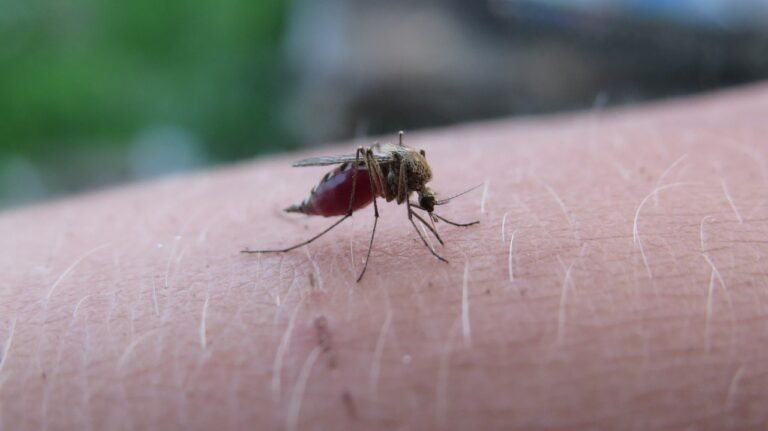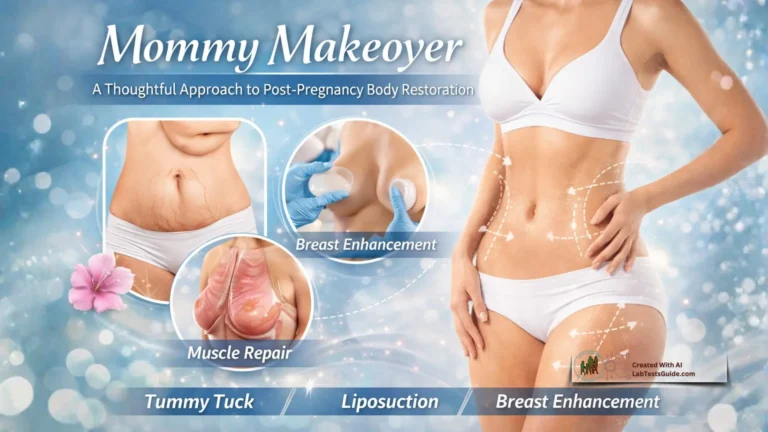As health and science-focused consumers continue making informed decisions in all aspects of life—from diet and exercise to daily routines—another area gaining attention is ethical jewelry. Just like lab testing brings transparency to medical results, lab-grown diamonds are bringing clarity to jewelry. These engineered stones are growing in popularity among conscious individuals who want beauty without compromising their values. In this article, we’ll explore how lab-grown diamonds align with a lifestyle centered on responsibility, sustainability, and informed choice.

What Exactly Are Lab-Grown Diamonds?
Lab-grown diamonds are not imitations or substitutes—they are real diamonds created using scientific processes that mimic natural conditions. The two primary production methods—High Pressure High Temperature (HPHT) and Chemical Vapor Deposition (CVD)—are technologies rooted in chemistry and physics, producing carbon-based crystals identical to those mined from the earth.
Just as laboratory diagnostics must meet certain certifications to be trusted, these diamonds are graded by institutes like IGI and GIA, ensuring they meet recognized quality standards. Lab-grown diamonds are virtually indistinguishable from natural ones and have the same physical and optical characteristics.
Sustainability and Ethical Advantages
In the way responsible health practices benefit both people and the planet, sustainable choices in jewelry make a similar impact. Traditional diamond mining is often energy-intensive and associated with environmental degradation. Lab-grown diamonds, by contrast, are produced in controlled environments that minimize ecological disruption.
Ethical considerations also come into play. The origin of mined diamonds can sometimes be difficult to trace, raising concerns about labor and human rights. Lab-grown diamonds offer full transparency from creation to market, making them a reliable and ethical option for people who value clear information and clean sourcing.
Why Today’s Health- and Value-Conscious Consumers Choose Them
Lab-grown diamonds align with broader wellness trends: they’re thoughtful, intentional, and reflect personal responsibility. Buyers are increasingly seeking products that match not only their aesthetic preferences but also their ethical standards.
- Accessible pricing makes these diamonds more widely available without compromising quality.
- Elegant and customizable, lab-grown stones come in a wide variety of shapes and settings.
- Aligned with values, they appeal to those who care about the environment, fair practices, and long-term impact.
For people who take a scientific or mindful approach to decision-making—whether it’s about what goes into their body or onto their ring finger—lab-grown diamonds represent a natural extension of conscious living.
Choosing a Trustworthy Source
The same way you would choose a reliable lab for medical tests, selecting the right jeweler is critical. Look for:
- Certification by reputable gemological organizations
- Transparent communication about sourcing
- Positive customer reviews and education-oriented websites
Among providers, Labrilliante is one brand that emphasizes scientific integrity and sustainability. With clear documentation and ethically grown stones, they serve customers who expect both quality and accountability.
Rather than promoting products, Labrilliante shares information to help customers make better decisions—similar to the goal of any reputable health or science resource.
Lab-grown diamonds may appear to be a luxury product, but their growing appeal lies in the logic and ethics behind them. Much like choosing clean ingredients, accurate lab reports, or sustainable packaging, selecting a diamond that reflects responsibility is a natural progression in holistic decision-making.
Whether you’re investing in a lifelong keepsake or simply exploring smarter lifestyle choices, lab-grown diamonds provide a sparkling reminder that beauty and ethics can go hand in hand.







